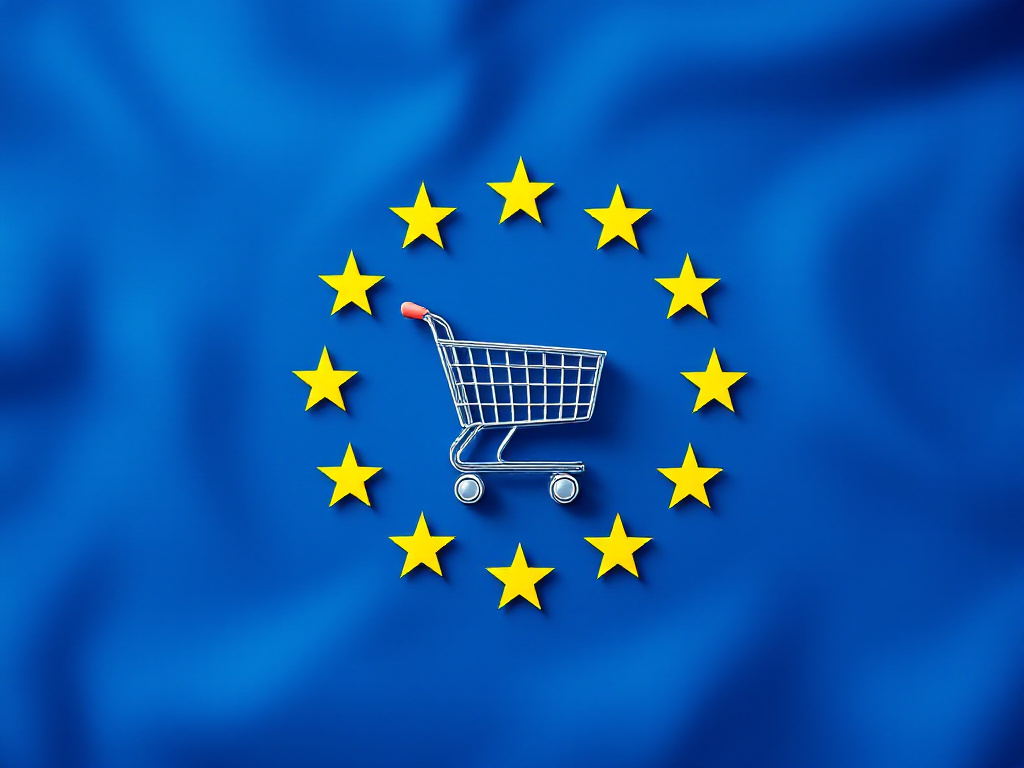It’s like TutaMail (formerly Tutanota) – their security is such that it does not allow access by third-party clients. However, there are Thunderbird extensions that allow you to open a kind of web page in Thunderbird.
J’aime bien débattre dans le respect 😉 même en cas de profonds désaccords ! Merci.
Le manque de respect, d’équité et de bienveillance m’horripile au + haut point.
En cas d’erreur/inexactitudes j’apprécie les remarques mais avec tacte et de préférence des sources.
- 0 Posts
- 10 Comments
It’s like TutaMail (formerly Tutanota) – their security is such that it does not allow access by third-party clients. However, there are Thunderbird extensions that allow you to open a kind of web page in Thunderbird.

 1·1 day ago
1·1 day agoI use Gammalecte. It’s like LanguageTool but it’s Ukrainian and I recognise myself in it more because LanguageTool is a bit more limited in its fremium version. Grammalecte is just a few Chrome, Firefox/thunderbird or LibreOffice extensions. Simple is exclusively for spell checking and dictionaries.
Currently there is no full time team who is working to develop new features and improve the service. But you can already contribute by making donations, and a first version is already online on F-Droid and Codeberg. The last 2 months have also been spent choosing the name and logo. You can read all about them on the comaps.app website and on mastodon : @[email protected]

 1·1 day ago
1·1 day agoyes Organic Maps or CoMaps now (its a fork)

 1·1 day ago
1·1 day agoYou have a French initiative done in collaboration with OpenStreetMaps and the GeoCommuns (with IGN - the French National Geographic Institute): Panoramax. It’s for streetview / street photos. As with OpenStreetMaps, it takes time for contributions to cover enough territory, but at least it’s an alternative that has the merit of existing and communities can participate.
Alternatively, for the simple Google Maps, there’s OpenStreetMaps, which is more of a database with online rendering, but which can be used by anyone either via turbo overpass commands or via an application like Organic Maps / CoMaps, Osmand for more customisation, profiles (car, boat, horses, etc) or contribution tools like MapComplete (web) and StreetComplete (or SCEE) on phones.
Some people have mentioned cartes.app, and there’s also mapcarta for tourist attractions and places of interest. Otherwise, there are plenty of contribution tools like JOSM or local initiatives by country, region or local group, which would take a long time to list.
I was going to reply by including the summary on OpenLetter, but you’ve finally found it.
For those who want a quick summary. At the very beginning of Organic Maps there was Maps.Me which was eventually bought by one or more Russian companies (according to wikipedia) and now 5 companies are involved in its development. Following the first purchase, a fork was created to perpetuate the open source nature of the project - I even believe that the original creator or main maintainer of Maps.Me contributed to it.
Organic Maps was initially set up as a Latvian company to facilitate funding, but so far nothing had moved in the direction of a not-for-profit foundation (which was the goal for many in the community). Except that there have been suspicions (first of all) of a lack of transparency regarding the donations received, in particular the funding of personal trips (even if this could be understandable given the work carried out), which was only with the donations of contributors. And it seems that a developer was hired without the knowledge of the community, who realised several months later that there were bits of “proprietary” code.
Another problem was the Kayak travel comparison tool, which was integrated into the application with very little prior consultation. And some of the shareholders and instigators of the project to port Maps.Me to Organic Maps had recently asserted their primacy over the project when the first criticisms arrived this year, believing that despite the open source it was their project alone.
So CoMaps forked to try and re-establish this connection to the community, dear to OpenStreetMaps as well as to the contributors and users of Organic Maps. Obviously, as I didn’t follow the beginning of the drama, these are just reported words and I encourage you to consult the link in OP’s Edit.

 5·6 days ago
5·6 days agoProbably thanks to Palandir…

 2·7 days ago
2·7 days agoFor text messages, I can’t help you, as I use QK SMS, but there is Messages Fossify that you can try.
Otherwise, for the keyboard, there is Heliboard and AnySoftKeyboard (still in beta). Some people also recommend Floris. In addition to the first two, I recommend FUTO or FUTO Voice for voice-to-text transcription.

It’s my default email manager. There isn’t a single thing I can’t do with it, whether it’s the default version, the improved Betterbird version, or extensions like those on the Firefox browser.
For example, message filters – not yet available on Android because their takeover of K9 Mail is too “recent” – but super useful for sorting emails into the right folder.
With Filtquila, Regex lets me boost that, and Betterbird also lets me remove emails containing any elements (attachments, subject, etc.) from the search, which I also do in classic Thunderbird.